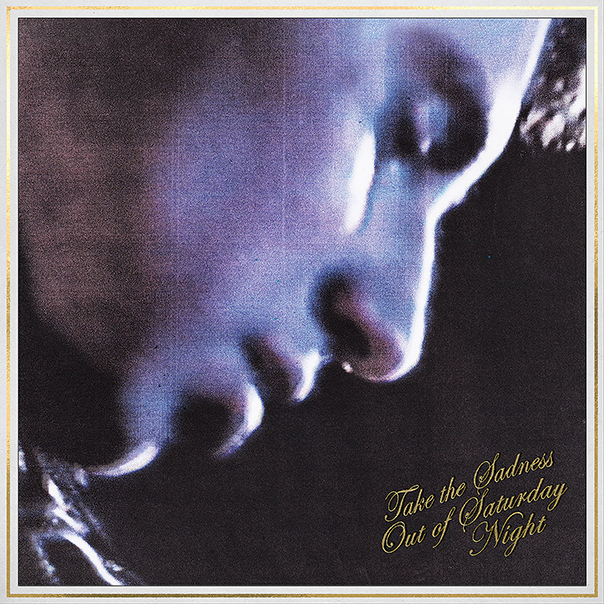REVIEW: Bleachers try to ‘Take the Sadness Out of Saturday Night’

While Jack Antonoff may be best known as a music producer and songwriter, helping pump out hits for the likes of Taylor Swift, St. Vincent, Clairo and many others, he’s no slouch when it comes to making music of his own. The 37-year-old New Jersey native has been a member of several bands like Fun. and is the man behind pop music act Bleachers, releasing third studio album Take the Sadness Out of Saturday Night more than four years since sophomore album Gone Now.
Take the Sadness Out of Saturday Night
Bleachers
RCA, July 30
9/10
As Bleachers, Jack Antonoff has established himself with an ’80s, new wave revival sound and he continues this tact on the fast-paced new LP that clocks in at just over 30 minutes. That being said, Take the Sadness Out of Saturday Night contains many songs with clear influences from other genres. While this can often lead to feeling disjointed or confusing as a whole, Antonoff has arranged the songs in such a way that creates an impressively cohesive album.
The first track, “91,” skips the new wave aesthetic, opening with dramatic strings that not only provide the rhythm of the song but rise and swell throughout, adding emotional impact to the relatively straightforward lyrics penned by Antonoff and author Zadie Smith. The song ends with echoey vocals that are found on other songs throughout the album.
“Chinatown,” which features fellow New Jerseyan Bruce Springsteen, has more of a shoegaze feel, with distorted guitars that sound like they were pulled from My Bloody Valentine. The song introduces elements that foreshadow the epic ’80s-ness found on later parts of the album, namely through the addition of synth styles reminiscent of the decade. Antonoff’s vocals are a bit subdued, which works well to highlight the wonderful contributions from the Boss.
Featuring lots of upbeat saxophone, an energetic beat and vaguely beach-ready guitar hooks, “How Dare You Want More” begins the transition to the new wave portion of the album. It continues with “Big Life,” which includes little well-timed yelps to end up sounding like a cheerier, more accessible homage to XTC’s “Making Plans for Nigel.”
The party slows down a bit for sweet love song “Secret Life” but roars back with the upbeat “Stop Making This Hurt.” The song, which would not sound too far out of place on Genesis’ 1986 album Invisible Hand, is an exuberant burst of pop. It’s composed with an in-your-face saxophone and echoey layered vocals, styles familiar to previous Bleachers singles. While the chorus invites listeners to bop along without too much reflection, closer listening reveals more ruminative lyrics. “But if we take the sadness out of Saturday night/ I wonder what will be left/ With anything worth a fight,” Antonoff sings.
“Don’t Go Dark,” written with another of Antonoff’s frequent collaborators, Lana Del Rey, maintains the energy found in “Stop Making This Hurt” but darkens it slightly to begin the transition into the more slow-paced remaining tracks on the album. The song “45” continues this gradual transition by stripping down the instrumentation to just an acoustic guitar, yet maintaining continuity with the tenor and delivery of layered vocals.
“Strange Behavior” and “What’d I Do with All This Faith” close out Take the Sadness out of Saturday Night on a beautifully melancholy note. The songs eschew the synths and strong horns for lush strings, with tiny blips of ’80s sax securely tying them to work as a whole. Showcasing his voice in its most natural state, Jack Antonoff delivers the lyrics with somber resignation. It seems that some sadness does remain in his Saturday nights.
